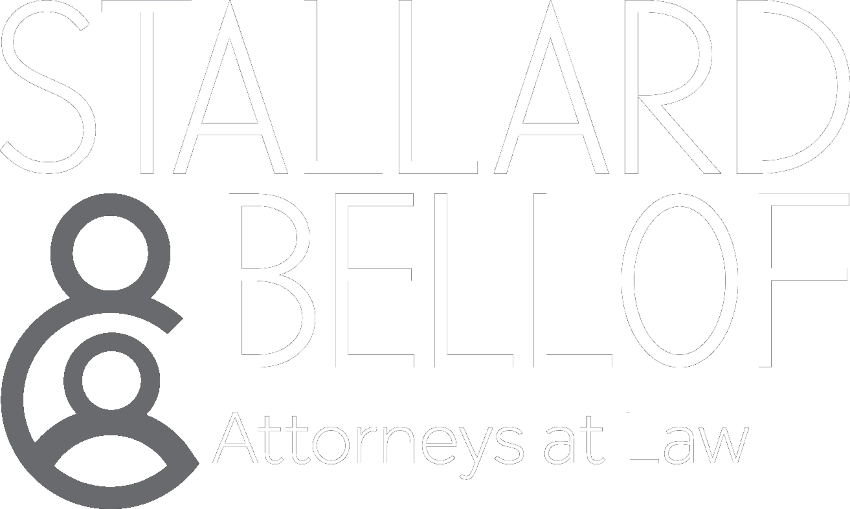Practice Areas - Collaborative Divorce
What is Collaborative Divorce?
Exploring an Amicable Alternative to Litigation

Practice Areas
Collaborative Divorce
Collaborative divorce offers a cooperative and respectful approach to resolving conflicts in divorce. Unlike traditional litigation, this process encourages open communication, problem-solving, and mutual agreement. By working together with the support of trained professionals, couples can navigate the challenges of divorce while maintaining a focus on preserving relationships and achieving a fair outcome.
All statements, communications, and work products made or arising from a collaborative law procedure are confidential and are inadmissible in any court proceeding.
The Collaborative Divorce Process: A Step-by-Step Guide to Resolving Disputes
The collaborative divorce process follows a structured, transparent framework to facilitate constructive discussions and problem-solving. It involves multiple stages, including the initial consultation, gathering information, negotiations, and ultimately reaching a comprehensive settlement agreement. With the guidance of collaborative professionals, couples can navigate each step, addressing legal, financial, and emotional aspects, and create a tailored resolution that meets their family’s unique needs.
Benefits of Collaborative Divorce: Promoting Communication, Cooperation, and Control
Collaborative divorce offers numerous benefits that can positively impact the overall divorce experience. Fostering open and respectful communication promotes a cooperative atmosphere that enables couples to have a more active role in decision-making. This process also provides greater control over the outcome, as agreements are reached through mutual consensus rather than imposed by a judge. Furthermore, collaborative divorce reduces conflict, stress, and the financial costs typically associated with traditional litigation.
Collaborative Divorce Team: Assembling the Right Professionals for a Successful Outcome
A successful collaborative divorce relies on the expertise of a collaborative team. This team consists of attorneys specially trained in collaborative law, financial professionals, and divorce coaches or therapists. Each professional brings unique skills to the table, facilitating comprehensive discussions and ensuring all aspects of the divorce, including legal, financial, and emotional, are addressed effectively. By assembling the right professionals, couples can benefit from a supportive network that guides them toward a successful outcome.
Focus on Family: Putting Children's Best Interests First in Collaborative Divorce
Collaborative divorce places a strong emphasis on prioritizing the best interests of children. By creating a cooperative environment, parents can work together to develop parenting plans that consider their children’s specific needs and well-being. This child-centered approach encourages co-parenting and enables parents to maintain a healthy relationship with their children throughout and after the divorce. Collaborative professionals provide guidance and support to ensure children’s voices are heard, and their welfare is safeguarded.
Successful Outcomes: Realizing Fair and Sustainable Agreements through Collaboration
One of the primary goals of collaborative divorce is to achieve fair and sustainable agreements that meet the needs of both parties. By engaging in constructive dialogue and focusing on shared interests, couples can reach creative solutions that address their individual concerns and promote long-term stability. The collaborative process encourages cooperation, compromise, and understanding, facilitating the development of agreements that resolve immediate issues and lay the foundation for a more harmonious post-divorce future.
What happens when Collaborative Divorce is unsuccessful?
When a collaborative divorce is unsuccessful, parties may resort to litigation to resolve their disputes. This could result in a more adversarial process, where decisions are made by a judge rather than through mutual agreement. It is important to understand that the collaborative approach offers a unique opportunity for open communication and problem-solving, but in cases where collaboration breaks down, alternative methods must be pursued to reach a resolution.



